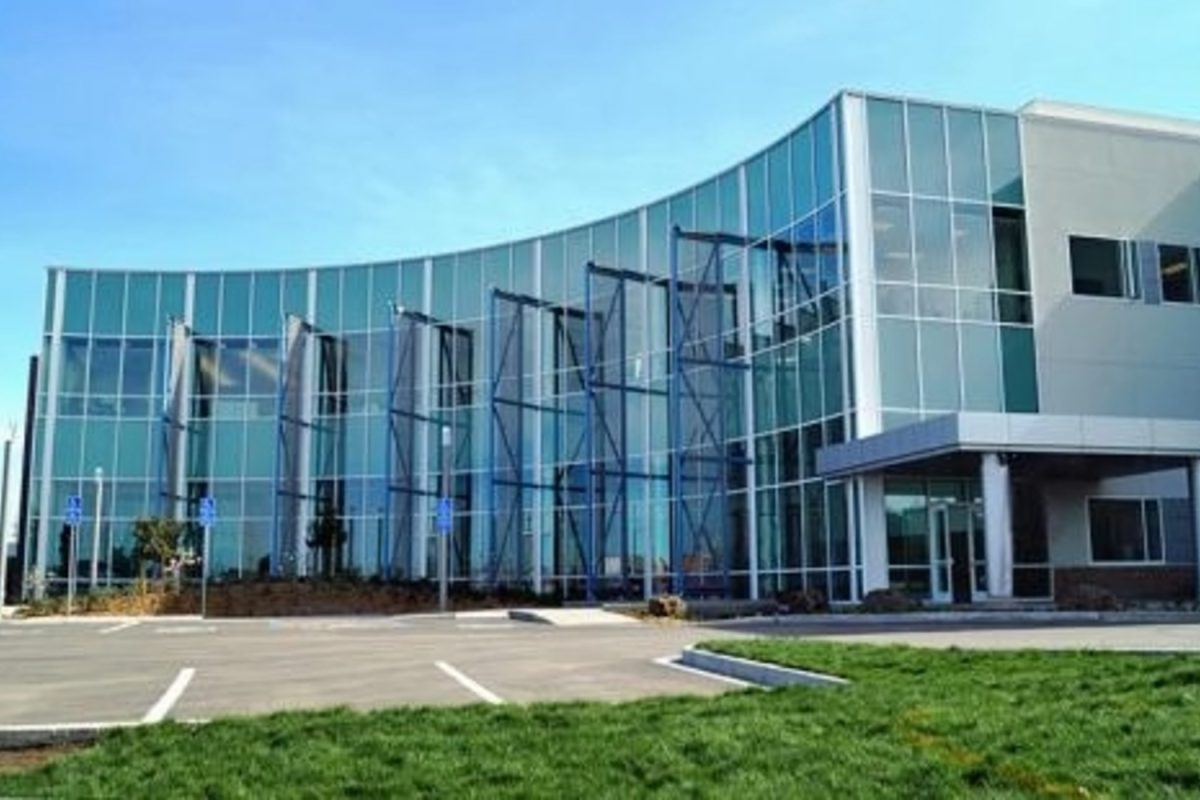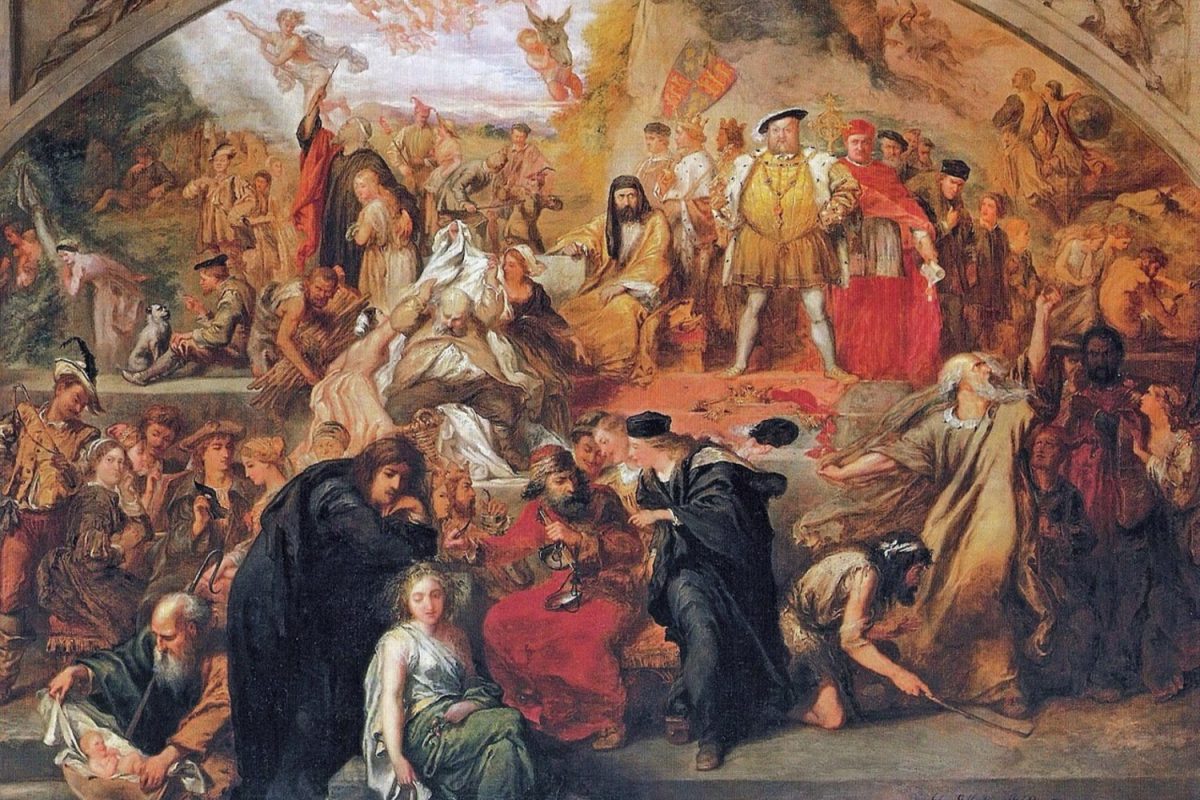Sequoia Union High School District’s (SUHSD) elimination of Advanced Standing (AS) and honors courses has sparked concerns in the school community about whether these course changes are beneficial to students.
Since 2014, SUHSD has been streamlining their course offerings by merging advanced and grade-level courses and cutting remedial courses that do not offer A-G credits–those accepted by the University of California and the California State University systems.
One change includes the elimination of AS English I at Woodside and Menlo-Atherton; the district decided to merge the advanced course with the grade-level course, English I, at the two sites.
With these changes, the district aims to diversify classes and improve all students’ academic outcomes, including narrowing the achievement gap between top-performing students and low-achieving students.
On Sept. 20, the SUHSD Board of Trustees held a meeting allowing any member of the community to comment on the elimination of honors courses.
Almost unanimously, students and parents spoke in opposition to the elimination of honors courses while the district administration, principals, and teachers primarily spoke in support of the change.
After a six-hour meeting, the board members remained undecided.
“It’s not an easy decision at all,” said SUHSD Student Trustee Jacob Yuryev.
Yuryev serves as a liaison between the board and students.
“On one side, you have a portion of teachers, administrators, and the community rightfully mentioning the achievement gap and the importance of fixing it. But on the other side of the argument, you’re hearing that these changes don’t actually improve that,” Yuryev said.
In some ways, these course changes have been successful in achieving the district’s goal of providing equity in classrooms and enhancing academic performance.
According to a district analysis, at Menlo-Atherton, the number of socioeconomically disadvantaged students (SED) who earned an overall GPA of 3.5 or above tripled after AS English I and English I merged.
The number of students fulfilling graduation requirements has also increased by virtue of improved student performance in certain courses. The analysis shows that at Menlo-Atherton, 66% of SED students taking either the advanced or grade-level chemistry course met the graduation requirements with a D or higher, but after the two courses had been merged, that percentage shot up to 89% in 2023.
However, the analysis also shows that many statistics regarding enrollment, demographics, and grades in courses stayed the same, indicating that the changes might not be as effective as the district hoped they would be.
At Woodside, the pass rate of 9th graders in English was 95% after AS English I and English I merged, which was similar to that of previous years.
As a result of merging classes, certain advanced and honors courses are no longer available to SUHSD students. As a result, members of the school community are discussing how school is not as academically rigorous as it was before.
When SUHSD eliminated five honors courses that were largely for freshmen, parents began to express concerns about the academic rigor of the district’s current course offerings.
“Most of the parents who choose to engage prefer for the schools to have more options than are currently available to students. The main concern is that the current offerings do not provide appropriate challenge for their students,” said Richard Ginn, the SUHSD Board President.
Sushant Bhopale, a senior at Carlmont as well as a student who spoke at the Sept. 20 board meeting, stresses that taking away honors classes takes away the benefits that come with them as well.
“Honors classes challenge students and prompt them to develop the critical thinking skills that will be necessary for college, and removing these honors classes will make the transition to college even more difficult than it is currently,” Bhopale said.
He also noted that these honors courses prepared him for other advanced classes he took later on in his high school career.
“These courses helped give me a foundation that has aided me in AS English III, which I took in my junior year, and AP Literature and Composition, which I am taking currently. Had I not enrolled in AS English I and II, I likely would not have been ready to tackle advanced courses later in high school, which would have further affected my college readiness,” Bhopale said.
The discussion of the district’s course changes has been steadily gaining attention, with SUHSD Students First, an advocacy group made up of current and prospective students, parents, teachers, and community members, spreading awareness on the matter.
Students First has united several members of the community who support the restoration of the eliminated classes, creating a letter addressed to the board that community members can sign.
In the letter, Students First raises concerns about transparency, saying that the elimination of advanced courses was made without “sufficient communication, broad community input, or a SUHSD board vote.”
Their letter asks that the board members promptly “engage the community in decision making for future SUHSD curriculum changes, especially involving any elimination of more rigorous classes,” as well as “review restoring rigorous class choices and the method of increasing diversity in advanced classes.”
In a month, Students First has gained an incredibly large supporter base, with the letter currently having over 713 signatures.
The meeting on Sept. 20 may have ended in deadlock, but the discussion of the district’s course changes will continue until the district reevaluates the impact of this new curriculum and officially decides on what the best course of action may be.
“I want to emphasize that all students, regardless of their views on this issue, believe strongly in equity–that the needs of all students, regardless of level, should be met by the school district,” Bhopale said. “However, it’s clear that although the notion of removing honors classes aims to improve equity, removing honors classes would not actually provide equity and would pose many other issues.”






















